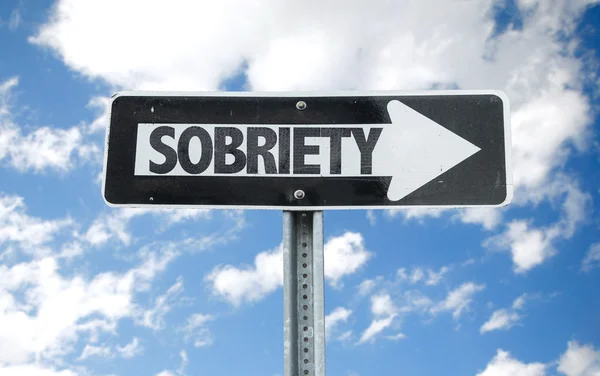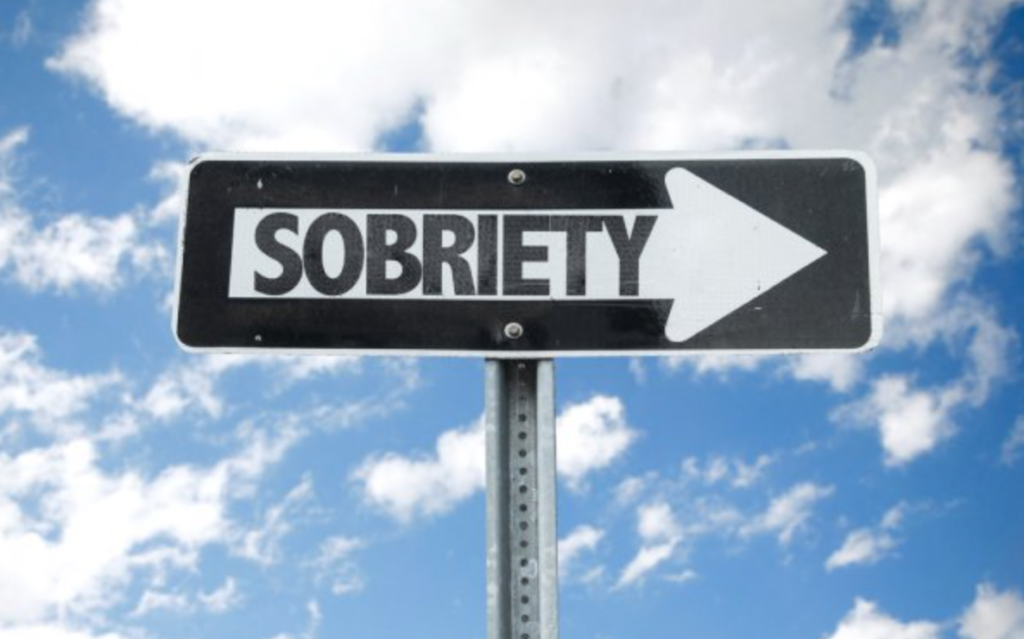
During the best times of our sober journey, we are full of passion and excitement for our new life, and filled with gratitude that we have managed to leave the darkness of our past behind us. We support each other, attend meetings, work with sponsees and sponsors, enlarge our spiritual life and work on psychological issues with therapists and counselors. Blessings small and large begin to come to us as our family and romantic relationships are repaired, we function better at our careers, and blaze new trails for us that align with our hopes and dreams instead of our desire to use.
At other times we may feel stagnant and a bit lost. Old feelings of sadness, boredom and anxiety, among other negative emotions, may return. Perhaps we get bored–tired of attending meetings or dealing with sponsees, feeling that our days and routines are monotonous,discontent with our lives. Perhaps we begin to have “euphoric recall” of our drinking and using days, in which our mind (the addictive part of our mind) focuses selectively on the fun and pleasure of using and forgets the total annihilation of all good things in our lives that our addiction caused us. Euphoric recall is a fascinating phenomenon and, really, a clear example of the insanity of addiction. Our brains might also begin to tell us that returning to substance use may be a good way to alleviate our boredom, our melancholy. If we are still hanging out with friends who are using, we might feel lonely and left out when they are drinking or using. Overall,we begin to return to a feeling of “white-knuckling” our sobriety instead of living in peace and happiness.
Going through such “sober slump” periods is completely normal and something that all people in recovery face and, quite usually, deal with successfully. The end result of overcoming these periods is even stronger sobriety and a better knowledge of oneself and the world. How should we deal with our periods of stagnation, fatigue, and the temptation to let up on the gas?
From a general lifestyle perspective, it is important to remind ourselves that we can have fun,dynamic lives in sobriety. That an entire world of wonderful things exists outside of the extremely narrow world of using. Really, every single thing in the world that is not a substance of addiction is available to us . What a great thought! And it’s true. If we are bored with our routine, it is simply that–we have fallen into a rut of routine. It is not a reason to use or evidence that using substances makes our lives more enjoyable. So mix it up–find new places to go, new exercises to do, new hobbies, travel, go on a date, cook dinner with friends, anything at all. For introverts and people dealing with a degree of depression, it can be difficult sometimes to gather the energy to get out of the house and do new activities or socialize. In this case, the concept of opposite action can be helpful; essentially, do the opposite of what your body wants you to do (be lazy around the house) and watch in surprise as, once the activity is started, your body and mind engage in it and are thus energized. Opposite action is a big part of CBT therapy and your therapist can help a lot with learning this skill.
Think, and maybe talk to friends or a therapist about, various other things in your life that may be causing you discontentment and how to improve them. Remember, alcoholism recovery is not all about “the serenity to accept the things we cannot change”–it is also just as much about “the courage to change the things we can.” Do you want to make changes in your career? Reestablish contact with old friends? Change how things are going in your romantic life? Further rebuild healthy relationships with family? Save more money? Move to a new city? Do volunteer work? Get a pet? The world is your oyster; never forget that and never forget all the possibilities of life. It can be easy to start feeling stuck but, luckily, becoming unstuck can be just as easy.
From a recovery lifestyle perspective, there are also a number of measures that are recommended to take to get ourselves out of a sober slump. We can go to different meetings to enjoy a different dynamic and meet new people. We can look for new sponsees or even decide to get a new sponsor. We can go through the 12 steps again even if we are a few years sober. It might be good to start doing visits to new rehabs or detoxes to lead AA meetings as volunteers. We can, on our own or with friends, work on getting closer to our Higher Power and deepening our spirituality. Of course, it is always important to be honest with therapists and clinicians about how we are doing; letting your therapist know about feeling stagnant in sobriety can allow them to help you immeasurably. Reengaging with our sober friends and being honest with them about our struggles can help us feel less alone and more connected. Consider mixing up the routine of your morning and nightly reflections, if you do those, or using different texts or formats. Maybe you would like to listen to a spiritual or sober podcast instead of reading something during your reflections. If you meditate, consider trying a different form of meditation.
“Sober slumps” are definitely a sign that your life isn’t fully optimized at the time. But feeling down or in a rut is a great barometer for realizing changes should be made. Pay attention to what those feelings of stagnation might be telling you and learn from them. Try out the ways of renewing your routine and life that this blog post suggests and see what works for you. A slump can be a wonderful time to commune with your Higher Power and recenter yourself spiritually,as well as to perhaps realize that your engagement with sober life and your sober community has been lessening and that you should redouble your efforts to stay connected. We all go through slumps, but if we refuse to sit and wallow in them and instead reach out and re-energize, they can be inflection points in our sobriety instead of obstacles.
Harmony Haus is a men’s sober living home in Austin, TX. It offers a wide arrange of support for those in recovery, in addition to luxurious accommodations and an atmosphere of serious recovery. Give us a call anytime.

